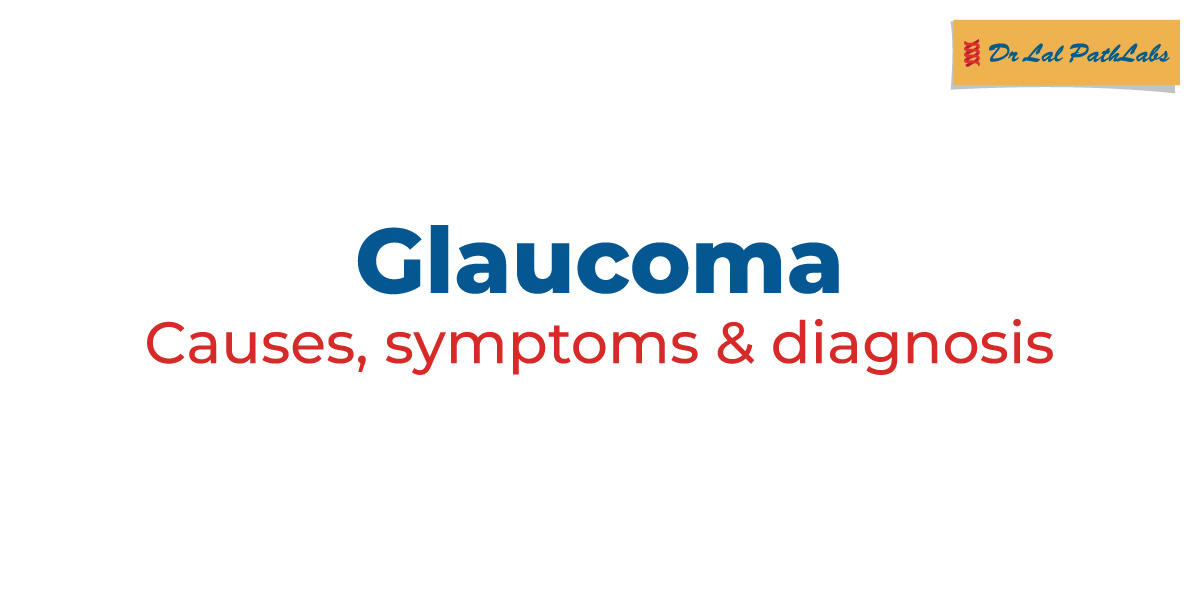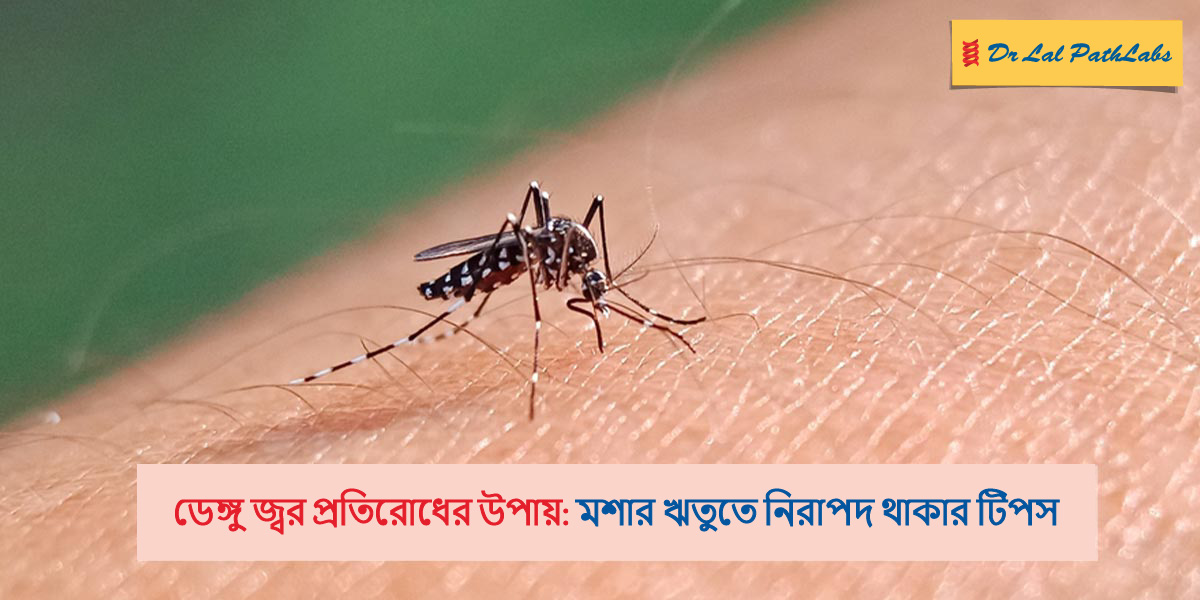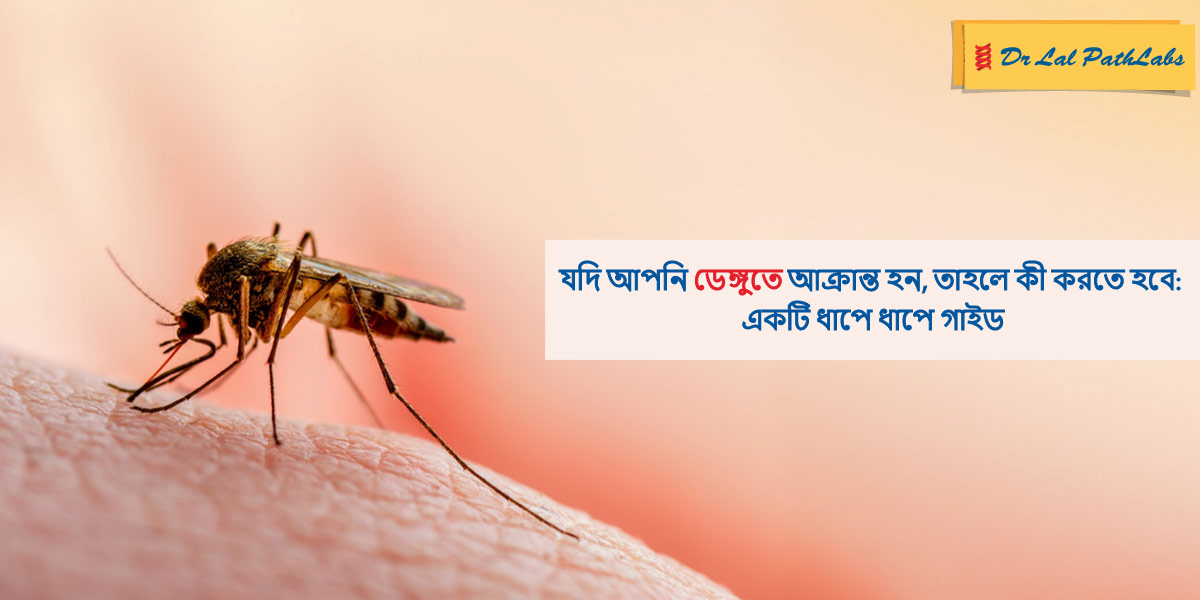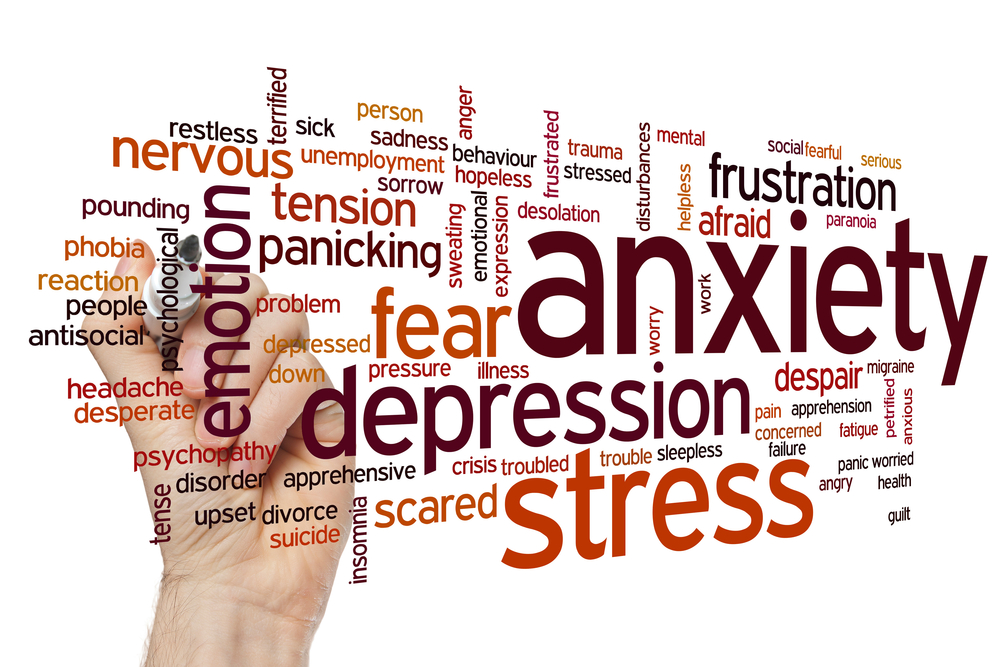Are you suffering from CKD? These Foods May Ease Your Pain
- 6 Sep, 2018
- Written by Team Dr Lal PathLabs
Medically Approved by Dr. Seema
Table of Contents

According to the latest studies, the prevalence of chronic kidney disease (CKD) has risen from 2.5% to 13% in India. Chronic kidney disease or commonly known as chronic kidney failure is characterised by continuing loss of kidney function. It occurs due to lasting damage to the kidneys and may get worse over time. This rise is majorly contributed by a steep rise in CKD as a complication of lifestyle diseases like diabetes & hypertension.
Chronic kidney disease needs major attention as it can cause a dangerous build-up of fluid, electrolytes and wastes in the body. Moreover, it can also progress to end-stage kidney failure that can be fatal if a kidney transplant or regular artificial filtering (dialysis) is not done. The major problem with CKD is that it does not show any symptoms in its early stage and may get ignored until kidney function is significantly impaired or irreversible damage has occurred.
Causes of CKD
Chronic kidney disease mainly occurs when some other disease or condition impairs kidney function and the damages worsen over several months or years. Some diseases that may result in chronic kidney disease are type 1 and type 2 diabetes, high blood pressure, Glomerulonephritis, Polycystic kidney disease, Urinary tract obstruction due to kidney stones, enlarged prostate, or frequent kidney infections.
Is there any treatment for CKD?
Though treatment of CKD depends upon its cause, there is no cure for CKD. Its management includes treatment of the causative disorder, controlling symptoms of CKD, lessening its complications, and slowing the progression of the disease through medicines. Also, certain foods or diet play a major role in the management of CKD.
Diet guidelines for CKD patients
If you are suffering from CKD, a special diet that supports the kidney and limits its work is recommended for you. A kidney-friendly diet may also help protect further damage to the kidneys. Remember the following guidelines:
Restricted salt intake: Salt intake should be restricted to lower the intake of sodium. So, products with added salt like chips, salty snacks, canned foods, frozen dinners, processed meats and cheeses and other fast foods should be avoided completely.
Foods with less potassium: Foods with high potassium content such as bananas, oranges, tomatoes, potatoes and spinach should be avoided while foods with low-potassium content like apples, berries (blueberry, raspberry, cranberry), strawberries, grapes, cabbage, green beans, carrots and garlic are recommended for you. Also, most of the substitutes of salt contain potassium, so it is better to avoid them as well.
Limit protein intake: Protein cannot be completely avoided, but it is important to restrict its intake. So, foods that are high in protein content like beans, lean meats, milk, eggs and cheese should be avoided while foods low in protein like fresh fruits, vegetables, cereals and bread should be included in the diet. 2
Restrict phosphorous intake: Healthy kidneys are responsible for maintaining the right amount of phosphorous in the body. Calcium and Vitamin D require phosphorous for bone health, but its excess can cause weakening of bones. So, phosphorous-rich foods like whole-grain bread, bran cereals, nuts, sunflower seeds etc. should be restricted while foods low on phosphorous such as corn or rice cereals, unsalted popcorn, lemonade etc. are recommended.
Limited Fluid intake: Though water is essential for life and it is often recommended you drink as much as you can, but in the case of CKD, the body needs lesser fluids. This is because diseased kidneys are not able to get rid of the extra fluid. In fact, the excess of fluid can be bad for you. So, in such cases, excessive fluid or foods rich in water like soups, ice-cream, gelatin etc. are not recommended.
All these are recommended to lower the load on the kidneys. They filter wastes and excess fluids from blood to form urine that is excreted from the body. But this is not a simple process and involves highly complex steps of excretion and re-absorption that are necessary to maintain a stable balance of body chemicals. This job of the kidneys is life-sustaining. In CKD, kidneys are not able to perform their functions properly. This may result in accumulation of waste and fluid in your body that can, later on, cause heart, bone and other health problems. But when you eat a kidney-friendly diet that restricts the intake of certain minerals and fluids, the buildup of waste and fluid can be avoided and thus further damage to kidneys as well.
Following these simple tips will help you manage your kidney and other related diseases efficiently.














